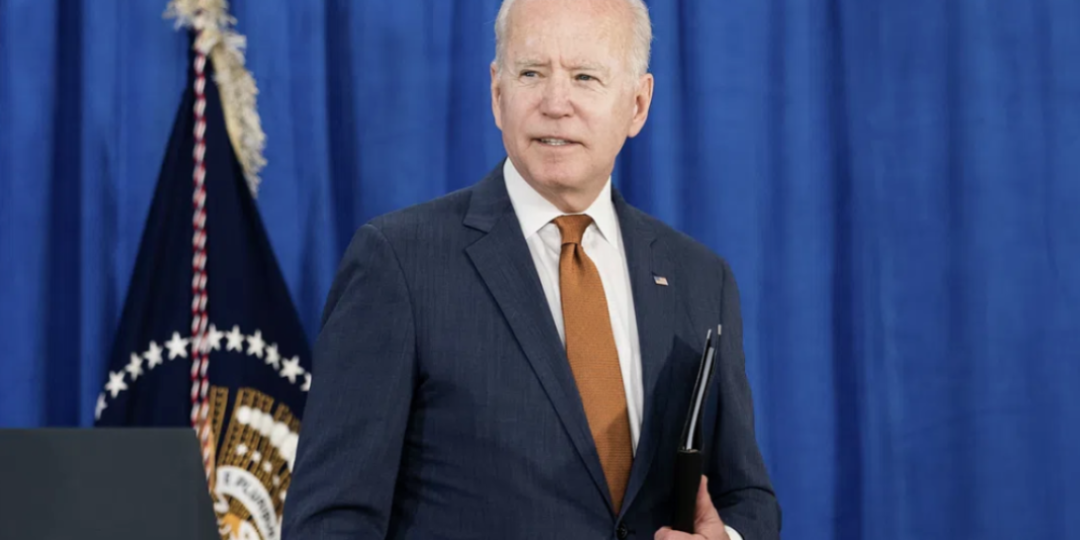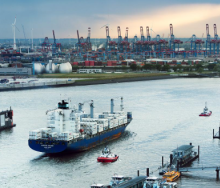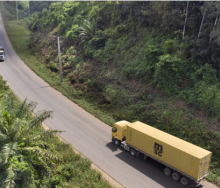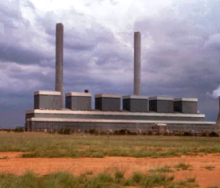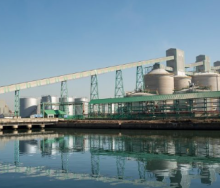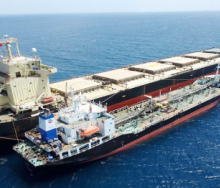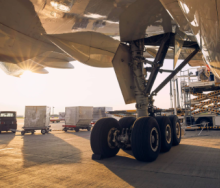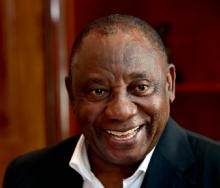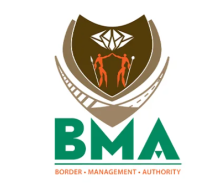US Senator Chris Coons has released a discussion draft of the Agoa Renewal Act of 2023 that will extend and enhance the African Growth and Opportunity Act (Agoa), the cornerstone of America’s economic relationship with sub-Saharan Africa.
But the text of the discussion draft, published this week, also calls for the immediate review of South Africa’s eligibility under Agoa. This is purportedly due to South Africa’s stance on geopolitical matters such as Russia’s war on Ukraine, the Israel-Palestine conflict and the country’s handling of the debacle about the docking of Russian vessel Lady R at the Simon’s Town naval base in December 2022.
Coons said Agoa had created valuable opportunities for US businesses, workers and consumers, while supporting sustainable economic growth in sub-Saharan Africa for more than 20 years.
“My Agoa Renewal Act would extend this programme, incentivising investments that will create jobs, bolster economic development and strengthen our standing in the region. I look forward to working with my colleagues in the Senate to get this done,” said Coons.
The Agoa Renewal Act proposes extending Agoa until 2041. This long-term extension would provide businesses with the predictability needed to invest in sub-Saharan Africa at a time when many firms are looking to diversify their supply chains and reduce dependence on China. Increased investment by US businesses in sub-Saharan Africa supports regional economic growth and development and strengthens the US’s position on the continent.
The bill would also improve Agoa by strengthening its positive impact on economic growth and development, and streamlining the programme’s administration. The bill would integrate Agoa with the nascent African Continental Free Trade Agreement, helping to support the development of intra-African supply chains.
Agoa was established by Congress in 2000 and was re-authorised in 2015. The programme provides tariff-free access to the US market for exports of most products from most countries in sub-Saharan Africa. Currently, 35 beneficiary countries are eligible for membership.
Eligibility depends on favourable annual reviews of a country’s trade and investment policy, governance, worker rights, human rights and other conditions.
According to the draft discussion document, the US must immediately review South Africa’s eligibility under Agoa.
The document states as follows: “The current statute requires the [US] president to undertake an annual review of all 49 Agoa eligible countries to evaluate their continued eligibility for the programme. The AGOA Renewal Act would reduce that obligation, requiring a review of each country at least once every three years.
“This change would free resources to focus on the effective implementation of Agoa and the enforcement of the programme’s requirements. The president would retain the authority to conduct an out-of-cycle review of the eligibility of any country at any time, and the bill requires that the USTR (the Office of the United States Trade Representative) undertake an immediate out-of-cycle review of South Africa.”
Some of the reasons a country can be excluded from Agoa include political instability, human rights and labour violations, and support for terror organisations.
The US call to reconsider South Africa’s eligibility comes after the country showed its support for the “Palestinian cause” through Minister of International Relations and Cooperation Naledi Pandor’s discussions with Hamas, her visit to Tehran and South Africa’s refusal to condemn Russia’s aggression in Ukraine.
An additional source of tension in US-South Africa diplomatic relations was the government’s handling of the US-sanctioned Russian cargo ship Lady R. Allegations surfaced that there had been a murky arms deal between South Africa and Russia, but these were dismissed by President Cyril Ramaphosa.
Last week, US President Joe Biden released a statement strongly supporting the re-authorisation of Agoa.
The text of the discussion draft is available here.
